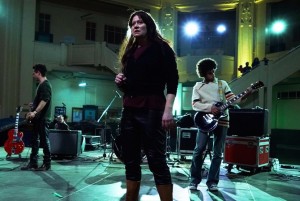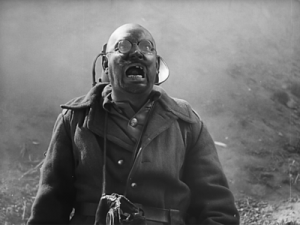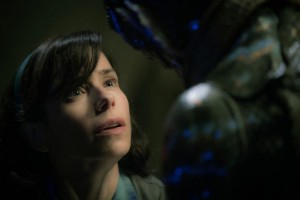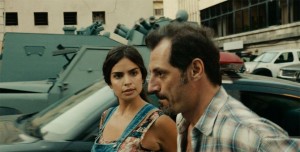Dir: Andrea Pallaoro | Cast: Charlotte Rampling, Andre Wilms, Jean-Michel Balthazar, Luca Avallone | Drama | Italy | 95′
Charlotte Rampling gives an extraordinary performance in this intimate portrait of a woman coming to terms with her loss of identity after her husband (Andre Wilms) is sent to imprison for a crime that has caused the breakdown of her family.
Andrea Pallaoro’s sophomore feature keeps us wondering what has happened to cause such emotional devastation all round. Hannah battles to face an uncertain future late in life and at a time where she feels unable to bounce back with the positivity of youth, and has lost her former place in society. Soul-searching her way forward from a past that is ambiguous and unresolved. The status quo has been devastated, and we are intrigued to discover the image portrayed in the photographs she is seen destroying.
Her marriage is clearly over, and her son will no longer speak to her due to circumstances beyond her control after events she had noting to do with, and she has also lost her connection with grandson Charlie (Savinin), who is told not to speak to her in a devastating scene where she brings him a homemade cake for his birthday party. Unable to cope she dissolves in floods of tears. Later her swimming club membership is revoked without explanation. And she is left humiliated. She clearly knows the reason why.
Rampling carries the film through each slow-burning scene. Wandering aimlessly through streets in Brussels and along a beach in Knocke she is a picture of broken a life. And we feel for her. Shattered by anguish and pitiful in her loneliness, Rampling makes the film both compelling and quietly devastating. In an effort to keep going and survive what has gone before, Hannah joins a self-help group practising the Alexander Technique, and keeps house for a woman whose own son appears to be blind. Despite this work, Hannah seems to be highly intelligent and full of graceful manners suggesting she has somehow come down in the world, from a well-to-do household. Her son is well-spoken and her own behaviour suggests good breeding.
Clearly Pallaoro had something in mind along the lines of Chantal Ackerman’s Jeanne Dielman. Hannah’s emotional fragmentation leads to her to a (symbolic) meeting with a beached whale on the beach at Knokke Heist – showing a helplessness on Pallaoro’s part, which cannot be overcome by Chayse Irvin’s stylishly cold and forbidding visuals. They show a wintry landscape, forlornly mirroring Hannah’s state of mind. MT
Andrea Pallaoro was born in Trento, Italy. He received his BA from Hampshire College before going on to study film directing at the California Institute of the Arts. His credits as director include the short Wunderkrammer (08) and the feature Medeas(13). Hannah (17) is his latest film.
NOW ON RELEASE AT SELECTED ARTHOUSE VENUES | premiered at VENICE FILM FESTIVAL 2017







